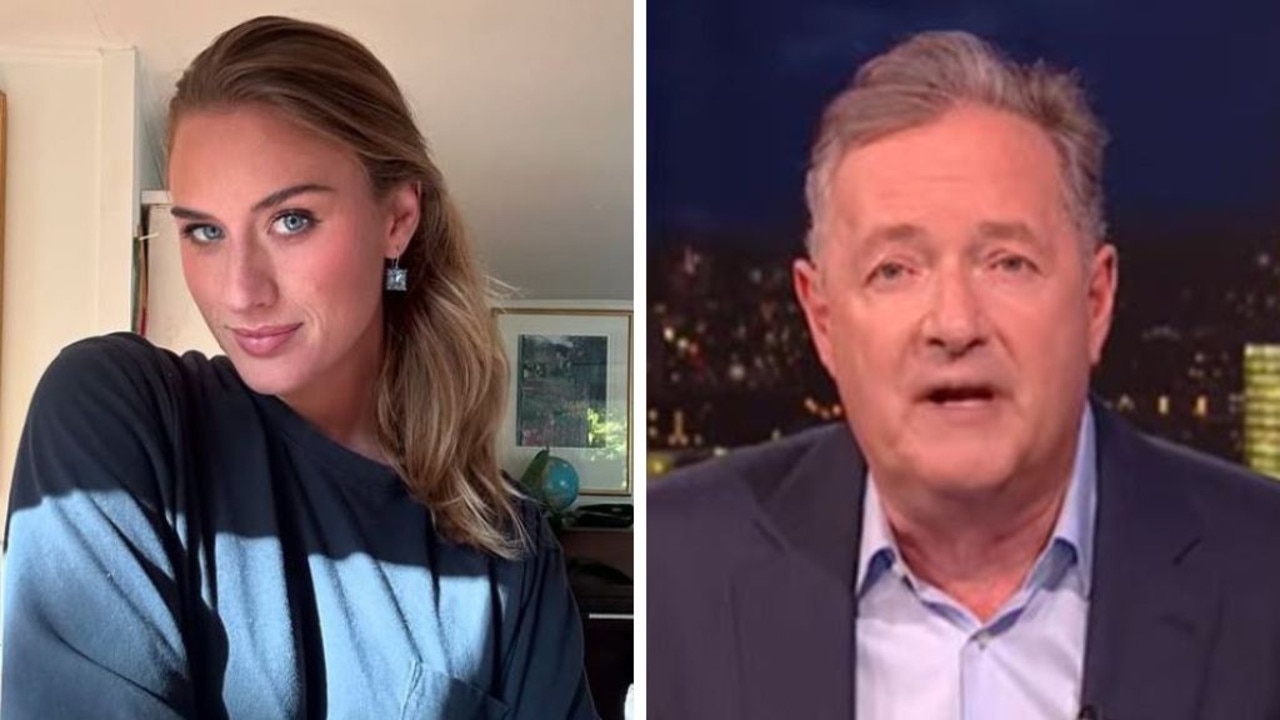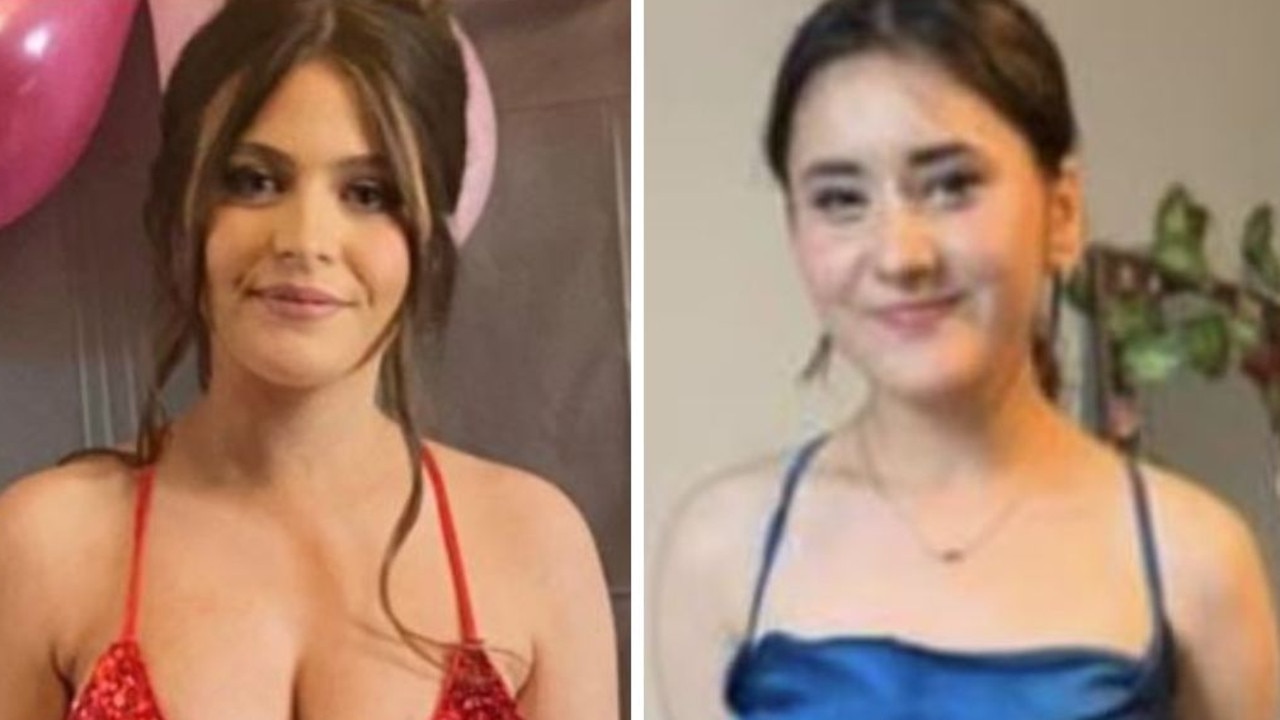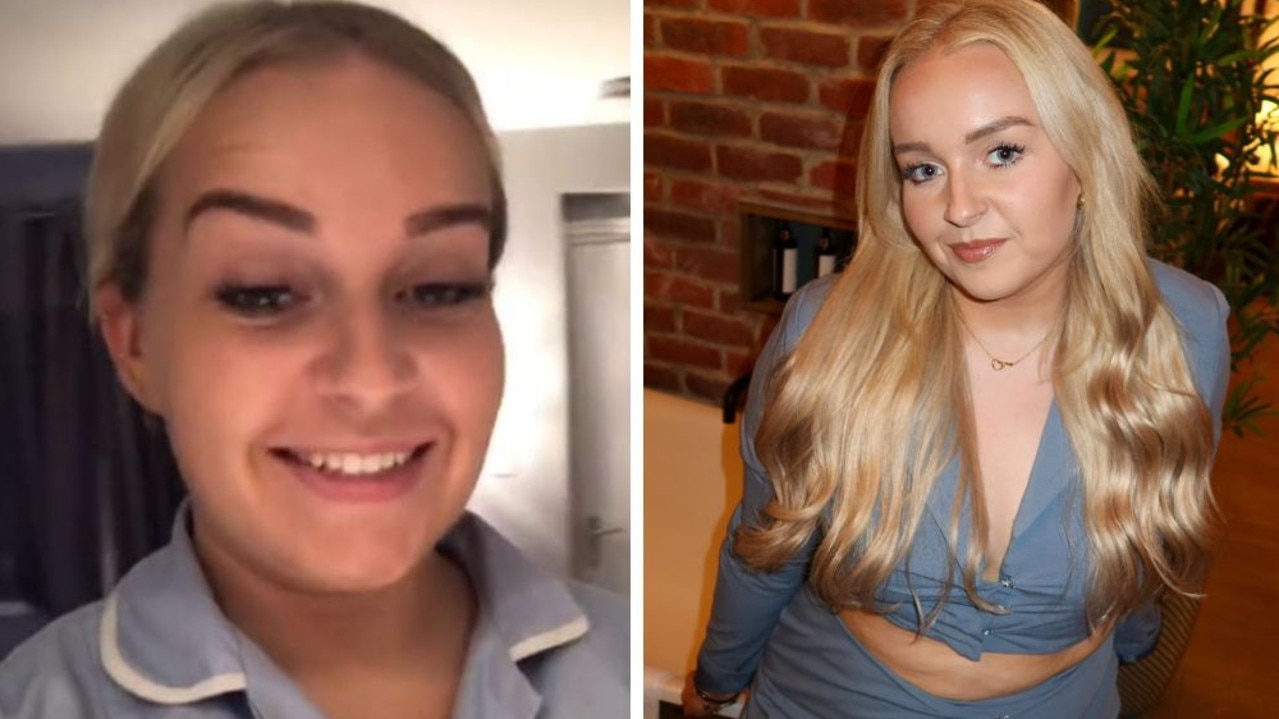‘Australia has really let us down’: Murdered, missing Indigenous women report tabled
Australia must do more to address the “epidemic” of murdered and missing Indigenous women and children, experts and advocates have said.

Australia must do more to address the “epidemic” of murdered and missing Indigenous women and children, experts and advocates have said, in the wake of a landmark federal inquiry report.
In its final report, tabled on Thursday following two years of public hearings, the Senate Inquiry into Murdered and Missing Indigenous Women and Children said it “cannot overemphasise how disturbed it was by the case studies presented to it”.
“What happened to these women and children is reprehensible. Often it was predictable and preventable. And it continues to happen,” Senator Paul Scarr said.
“The committee heard loud and clear the exasperation, frustration and, in some cases, well-founded anger of those with whom it engaged. In response, the committee intends this report to be a call to action.”
The inquiry made 10 recommendations for the Federal Government to consider, including calls for long-term needs-based funding for Indigenous women’s legal services, the appointment of an Indigenous person to the Domestic, Family and Sexual Violence Commission, and a culturally-appropriate and nationally significant recognition and remembrance of murdered and missing Indigenous women and children.
In its wake, however, families, experts and advocates have said the report has not done enough to address the “absolute crisis levels of violence” they spoke of during the inquiry.
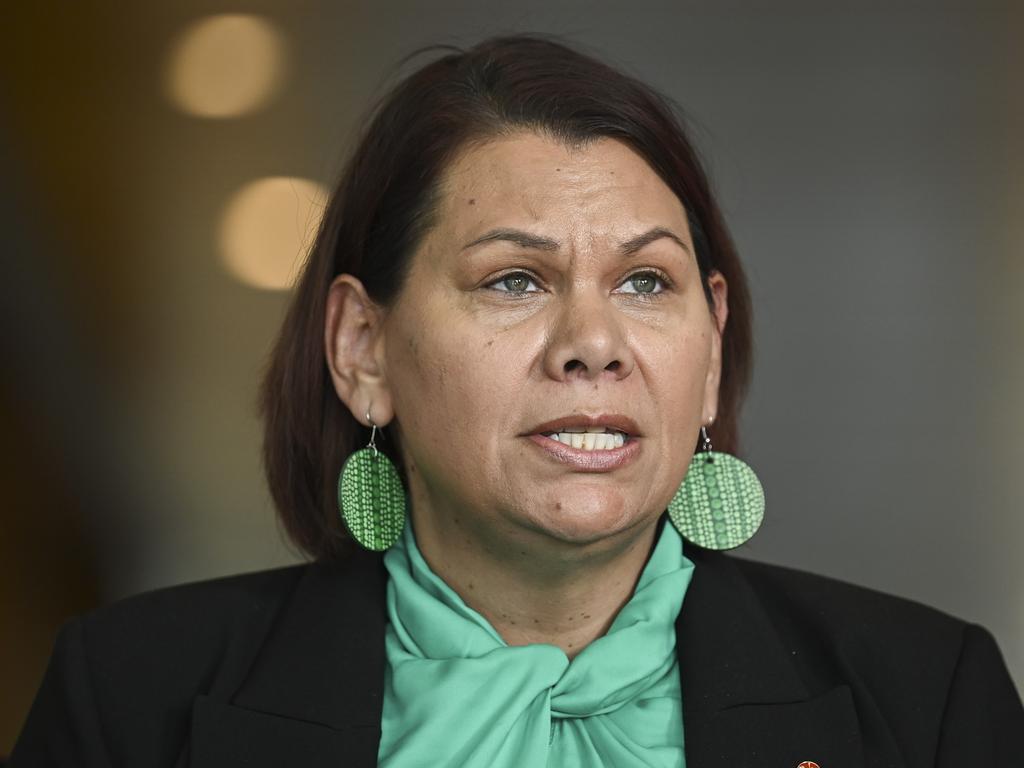
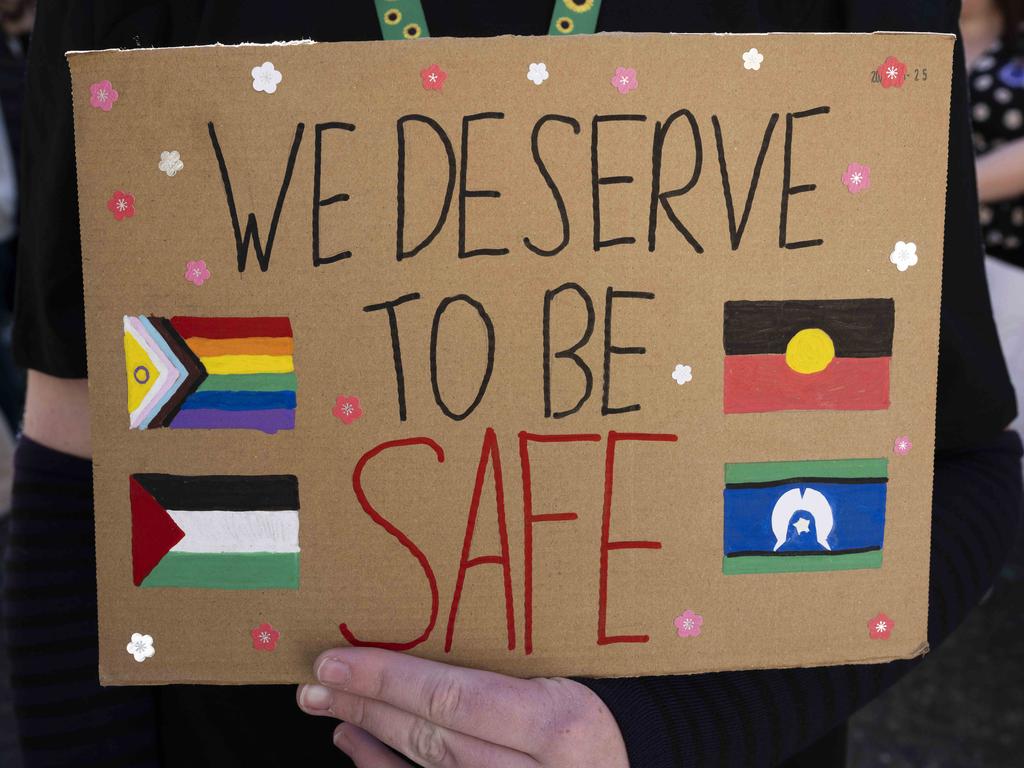
Yamatji-Noongar woman and Greens Senator for Western Australia, Dorinda Cox, was instrumental in the process of the Senate inquiry, having advocated for it in her maiden speech in 2022.
Senator Cox told the Senate she was “extremely concerned” by the final report’s recommendations, particularly its omission of the need for urgently improving data collection about missing and murdered women and children.
While Indigenous women are eight times – and Indigenous children three times – more likely to be killed from family, domestic and sexual violence than their non-Indigenous counterparts, the numbers are probably much higher, the inquiry found – and Australia is failing to appropriately report on or recognise these victims.
“We’re extremely concerned that the report’s recommendations are not reflective of the urgent change and investment that is actually required,” Sen Cox said.
“Problems have, in fact, been identified, but the recommendations don’t contain many solutions.
“Much has been written about the harrowing nature of the stories heard during the inquiry, and it’s important that we hear about the suffering. It’s our job to stop the suffering. But it won’t happen until we get frontline government services to care, and sometimes the message that we get is some people don’t care.”
Perth-based anti-violence advocate and Noongar woman, Alison Bairnsfather-Scott, submitted evidence to the inquiry about the 2019 murder of her sister, Jessica, and travelled to Canberra to hear the report be tabled in the Senate on Thursday.
Ms Bairnsfather-Scott told The Guardian on Friday the report was “disappointing to say the least”, adding she felt “Australia has really let us down”.
“It’s not strong enough, and I feel like it does not represent the voices that they would have heard,” she said of the inquiry’s “toothless” recommendations.
“It’s quite heartbreaking, to be honest, because it takes a lot to open your heart and relive those traumatic times, and for this to be the result is pretty shattering.”
In response, a Federal Government spokesperson thanked the families who gave evidence and who continued to endure tragedy and loss, and said the recommendations were “significant” and would be worked through “carefully”.
“Every experience represents real and significant grief to families and entire communities,” they said.
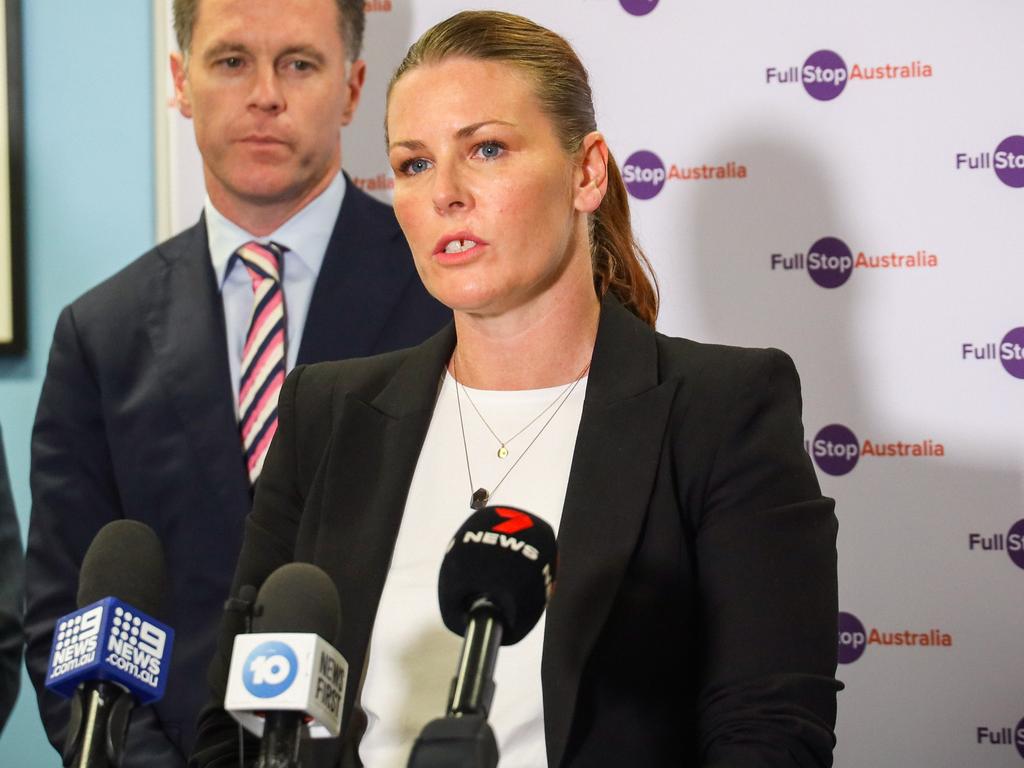
The increased national focus on murdered and missing Indigenous women is a positive step, lawyer and Make Police Investigate Campaign founder, Karen Iles, said in a statement.
But, she added, the “epidemic” has “reached crisis levels” and is still not receiving the “deep and comprehensive response” it warrants.
“Often we hear that the problem of violence against First Nations women and children being written off by government and police as a problem ‘within community’ for First Nations people to solve and it is not seen as sufficiently problematic to warrant proper police investigation, judicial redress or media reporting,” Ms Iles said.
“However, the disappearances, murders and sexual assaults of First Nations Women and Children are more often than not at the hands of non-Indigenous men.
“Yet, when First Nations Women do seek readdress from the police and courts, they find themselves obstructed by a system wrought with institutional and cultural sexism, misogyny and racism … Government, police and the justice system have failed First Nations women and children for far too long. Now is the time for action.”
Don’t go it alone. Aboriginal or Torres Strait Islander people can reach out for help by contacting 13YARN (13 92 76) to receive 24/7 crisis support from an Aboriginal or Torres Strait Islander Crisis Supporter.




